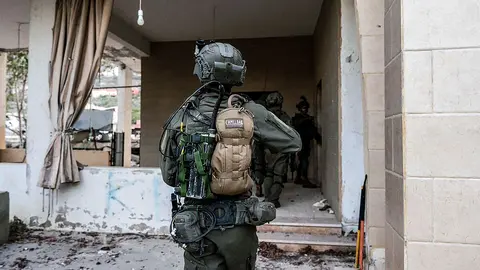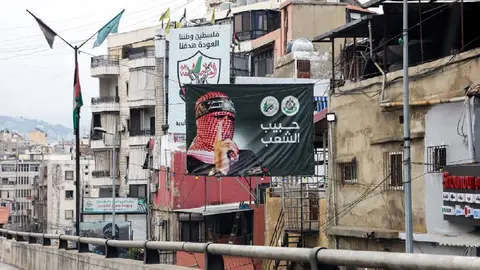After the war, Lebanon focuses on reconstruction efforts
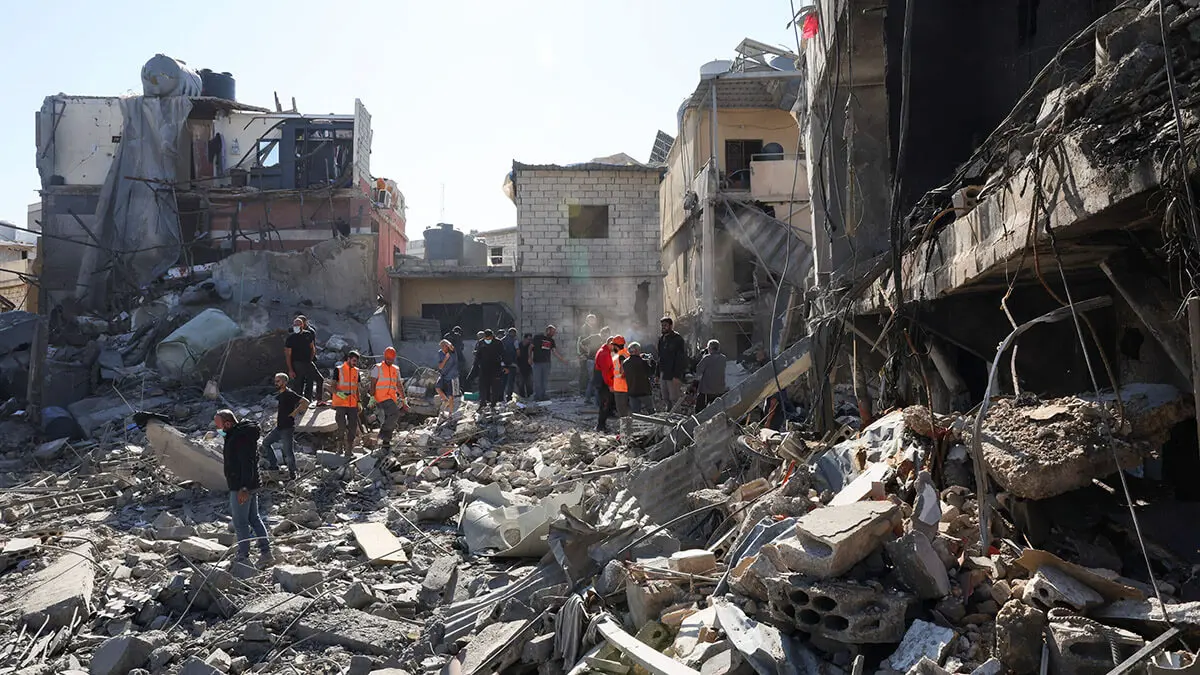
With the entry into force of the ceasefire between Israel and Hezbollah, the Lebanese authorities' attention is now focused on the reconstruction of the areas most affected by the war. In this regard, Lebanese officials, led by interim Prime Minister Najib Mikati, are expected to visit Gulf countries to seek funding for reconstruction activities, as reported by Al-Arab.
The World Bank estimates that damage to housing in Lebanon alone amounts to 2.8 billion dollars, with 99,000 homes partially or totally destroyed.
However, analysts familiar with the Gulf countries recall that these nations had previously warned the Lebanese authorities of the need to get rid of the influence of Hezbollah and the Islamic Republic of Iran, as it would push them back into a war with Israel.
Experts consulted by the Arab media consider it ‘unacceptable’ for Gulf countries to invest billions in rebuilding Lebanon back to the pre-war situation. ‘The Gulf Arabs are rebuilding what was destroyed, and Iran is sending Hezbollah back to war with Israel, back to square one,’ they say.
Although these nations have condemned Israel's military actions in Lebanon, this does not mean that they support Hizbollah's role and its destabilising activities.
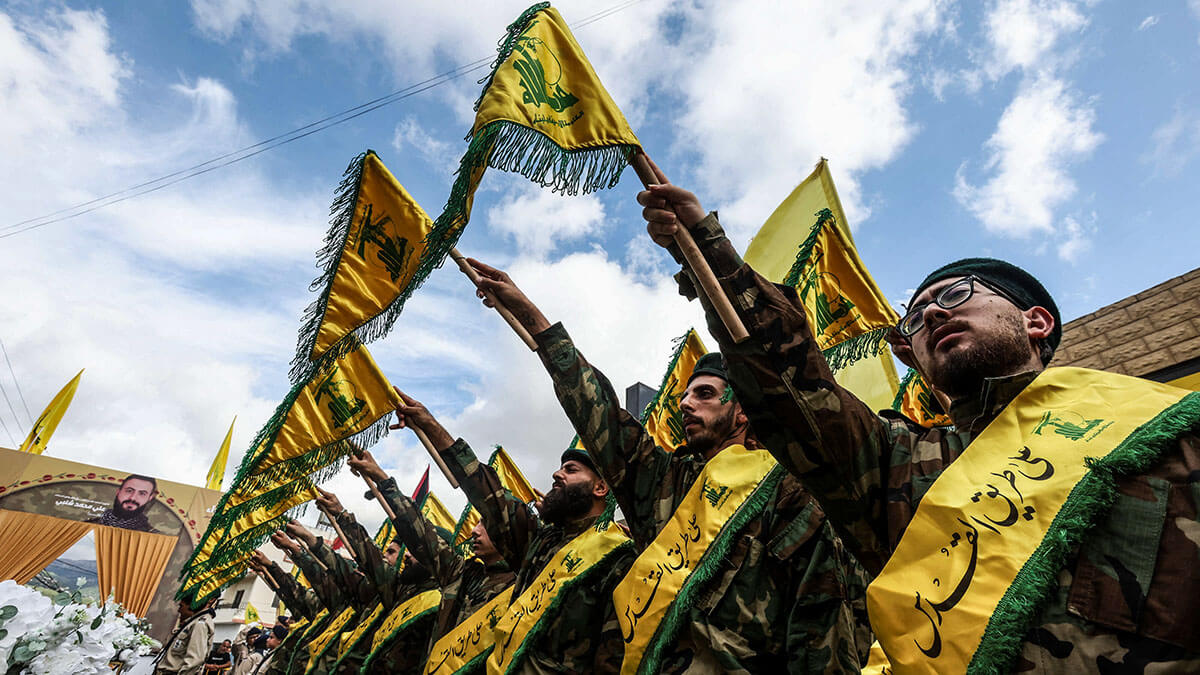
Gulf political circles hope that the summit scheduled for Sunday in Kuwait will confirm a unified position of these nations against the war, condemning the destruction of Lebanon and Gaza. However, it will be difficult to issue a clear position on financing reconstruction in Lebanon.
On the other hand, several Western countries, such as France, are also expected to try to persuade Gulf nations to get involved in Lebanon's reconstruction. French President Emmanuel Macron will visit Saudi Arabia in early December and this will be high on his agenda.
In addition to helping with reconstruction efforts, French Defence Minister Sébastien Lecornu has urged Gulf countries to reinforce and support Lebanon's armed forces in order to secure the border areas after the war.
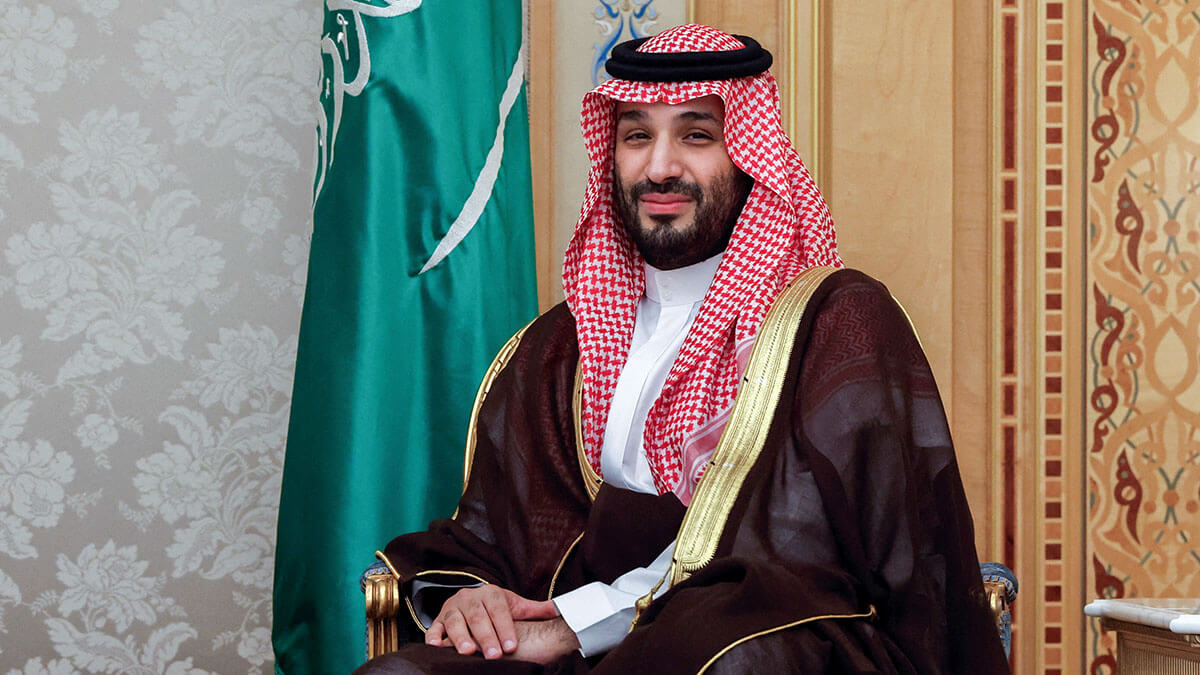
The ceasefire has revealed not only the destruction of several areas of Lebanon, especially the south and Hezbollah strongholds in Beirut, but also the defeats suffered by the Iranian-backed militia in recent months.
According to Reuters, Hezbollah may have lost as many as 4,000 people, more than 10 times the number killed in its month-long war with Israel in 2006. Lebanese authorities have put the number of people killed during the conflict at 3,800, without distinguishing between combatants and civilians.
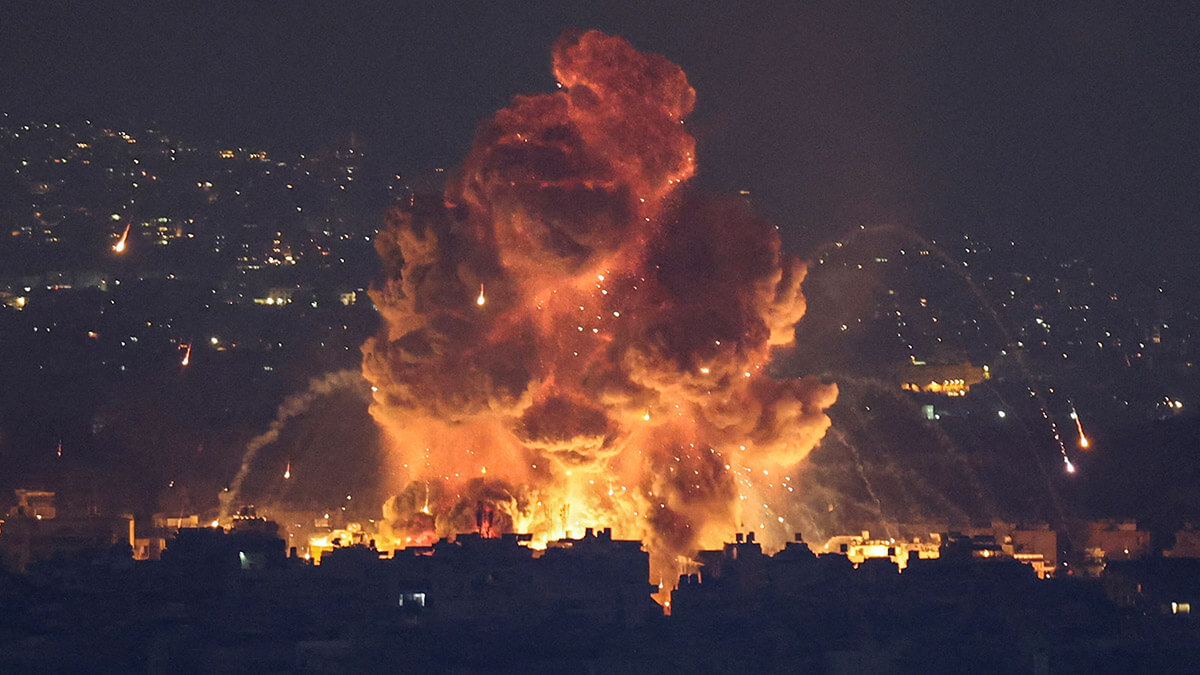
Tehran has pledged to help with reconstruction. As a Lebanese official told the news agency, the Iranian regime ‘has several ways of obtaining funds for Hezbollah’. Similarly, parliamentary speaker Nabih Berri, who is close to Hezbollah, has called on wealthy Lebanese Shi'a in the diaspora to send funds to help the displaced.
Hezbollah, for its part, has indicated that it intends to keep its weapons, dashing the hopes of Lebanese who thought this war would finally force the group to surrender them. Moreover, members of the Lebanese militia have assured that the ‘resistance’ will continue.

